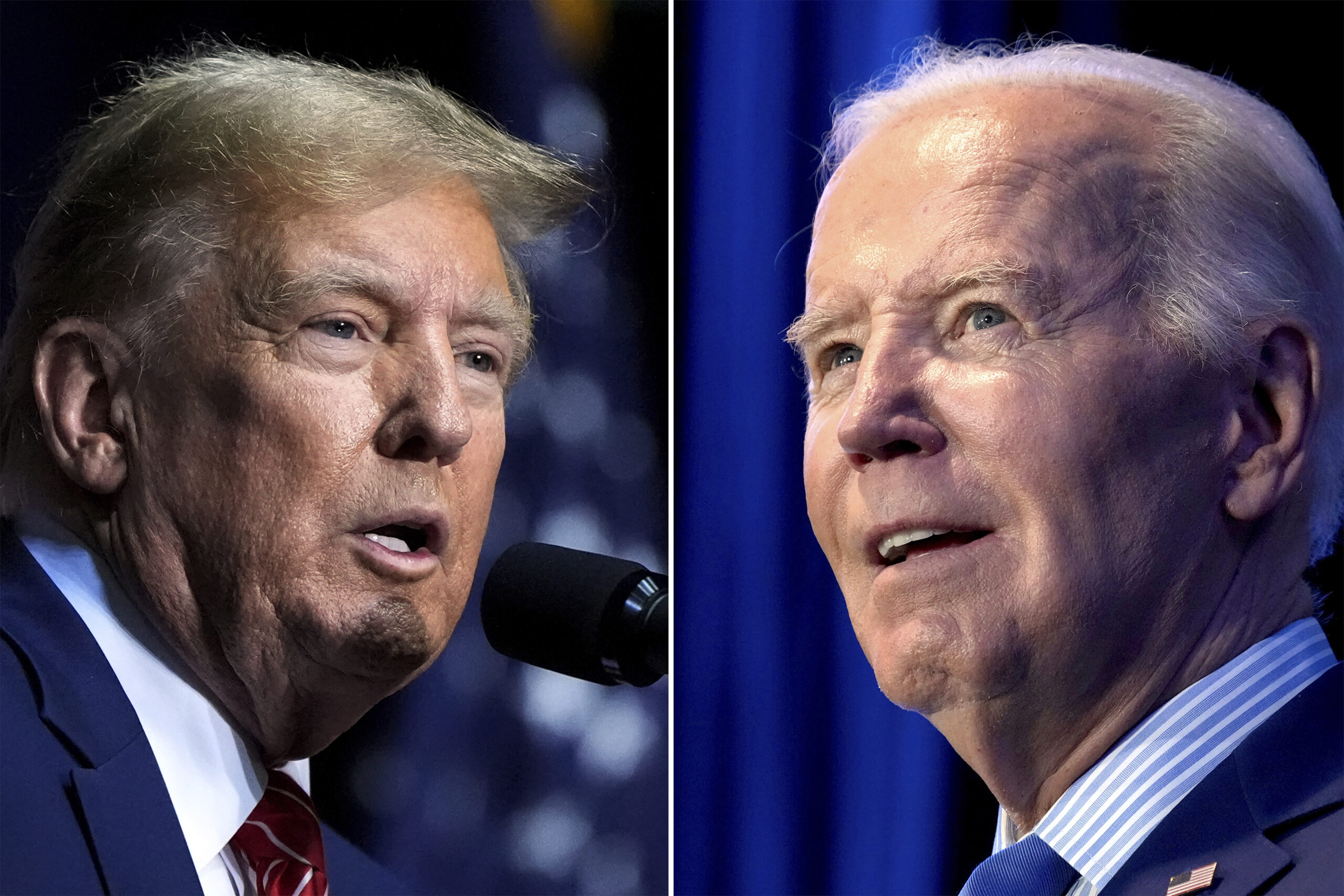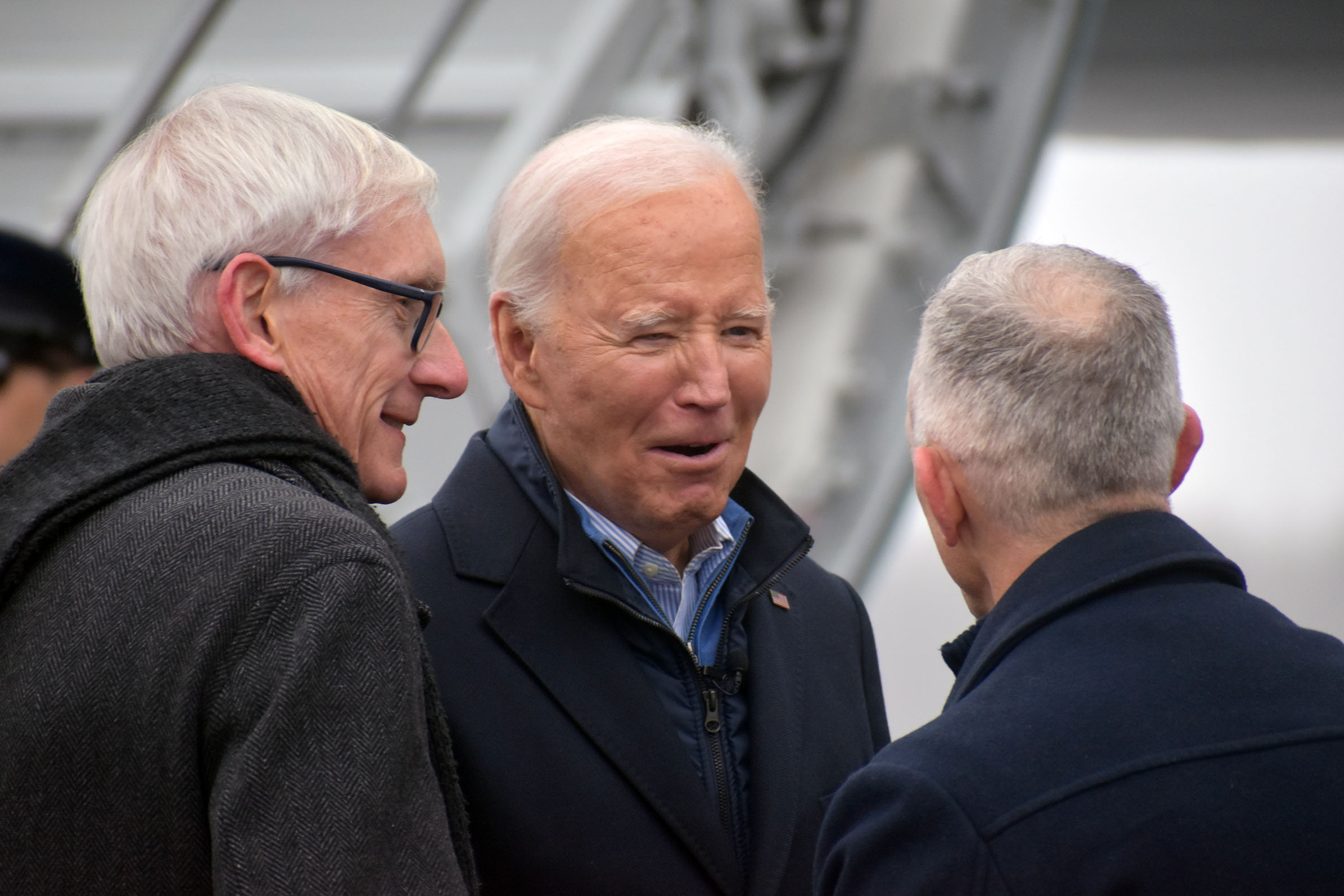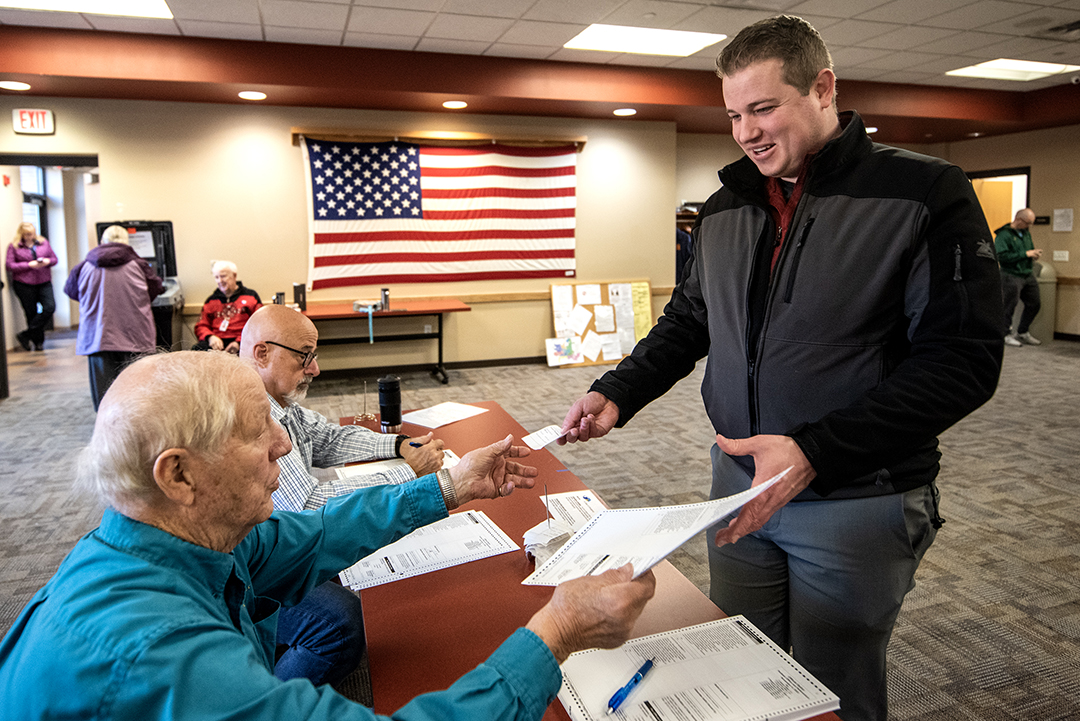The contest between Bernie Sanders and Hillary Clinton is getting closer, and minority voters in primary states will play an important role in who wins the Democratic nomination for president. Our guest discusses the impact of the minority vote in South Carolina. We also discuss whether this year’s primary campaign is the dirtiest one in recent history.
Featured in this Show
-
Expert: Clinton’s Support Among African-American Voters Could Give Her Campaign An Advantage
Over the weekend, Democratic presidential candidate Hillary Clinton not only had a major win over rival Bernie Sanders in South Carolina, but exit polls showed that she had won the African-American vote in South Carolina by an even larger margin than President Barack Obama did in 2008.
Clinton’s appeal among African-American voters didn’t come as a surprise to everyone. Chryl Laird, an assistant professor of political science and African-American studies at St. Louis University, specializes in U.S. politics and race and ethnic politics. She said a large percentage of Clinton’s supporters are from a group that she said has been consistent — African-American women, many of whom are over 30 years of age.
“Hillary and her campaign have done a very good job of making appeals that are to the interests of those women,” Laird said. “Much better than I think Sanders has done, even though he’s had endorsements from various individuals.”
With endorsements from African-American pop culture figures like film director Spike Lee and rapper Killer Mike, Sanders’ appeal might be more limited to young voters who see a more progressive candidate and have less personal experience with a Clinton in the Oval Office.
“With African-American youth, they may not be as energized and excited about Hillary, and I think some of that is even stemming from the fact that … they don’t really have a living memory of the (Bill) Clinton administration and what that was meaning for blacks at that time,” she said.
But even with strong, albeit varying, support for a Democratic candidate from African-American voters, many have questioned if another candidate could motivate black voters to go to the polls the same way Obama’s historic election did, and whether either Clinton or Sanders would be that candidate.
Laird said that having a woman in office like Clinton would still be a landmark election for African-American voters. She also said that the perception many African-Americans have of the Republican Party — an institution that’s unchanging in its stance on civil rights, social justice and race issues — could also be an energizing force on Election Day.
With Super Tuesday just hours away and African-American voters being major players in the campaign, Laird said she believes that it’s likely that South Carolina’s results will be replicated.
“Any place where you’re going to see a large portion of the Democratic electorate being African-American is going to be a place where we’re going to see Hillary get a lot of support,” she said. “In the primaries, it’s definitely going to be strong partisans coming out, and those strong partisans are definitely going to be older African-Americans … as well as black women.”
-
Is 2016 Seeing The Dirtiest Presidential Campaign In Decades?
Presidential candidates on both sides of the aisle aren’t pulling any punches so far this year, and one writer says it’s the dirtiest campaign he’s seen in decades. He explains what makes this is the most aggressive campaign in recent history.
-
Tracking the Minority Vote in South Carolina
Last weekend, Hillary Clinton proved more popular in South Carolina’s primary than Bernie Sanders, winning the state by over 175,000 votes. Clinton had a particularly strong showing among African-American voters and our guest tells us about how Clinton and Sanders have tried to appeal to them, and what Clinton’s most recent win could mean for Super Tuesday and the general election.
Episode Credits
- Rob Ferrett Host
- Veronica Rueckert Host
- Veronica Rueckert Producer
- Haleema Shah Producer
- Joseph Cummins Guest
- Chryl Laird Guest
Wisconsin Public Radio, © Copyright 2025, Board of Regents of the University of Wisconsin System and Wisconsin Educational Communications Board.



